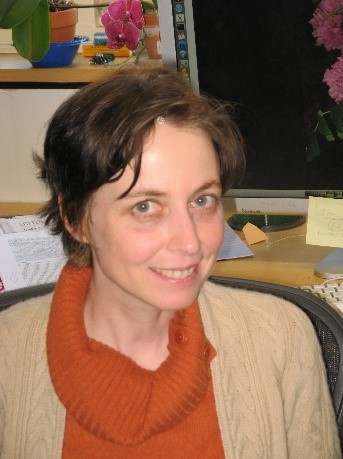Karin is David W. Professor in the Department of Cell Biology at the Yale School of Medicine. She trained as a structural biologist at Harvard, as a graduate student with William N Lipscomb and a post-doc with Stephen C. Harrison.
Co-PI (Core Leadership)
Karin Reinisch, PhD
Yale University
Karin is David W. Professor in the Department of Cell Biology at the Yale School of Medicine. She trained as a structural biologist at Harvard, as a graduate student with William N Lipscomb and a post-doc with Stephen C. Harrison.


